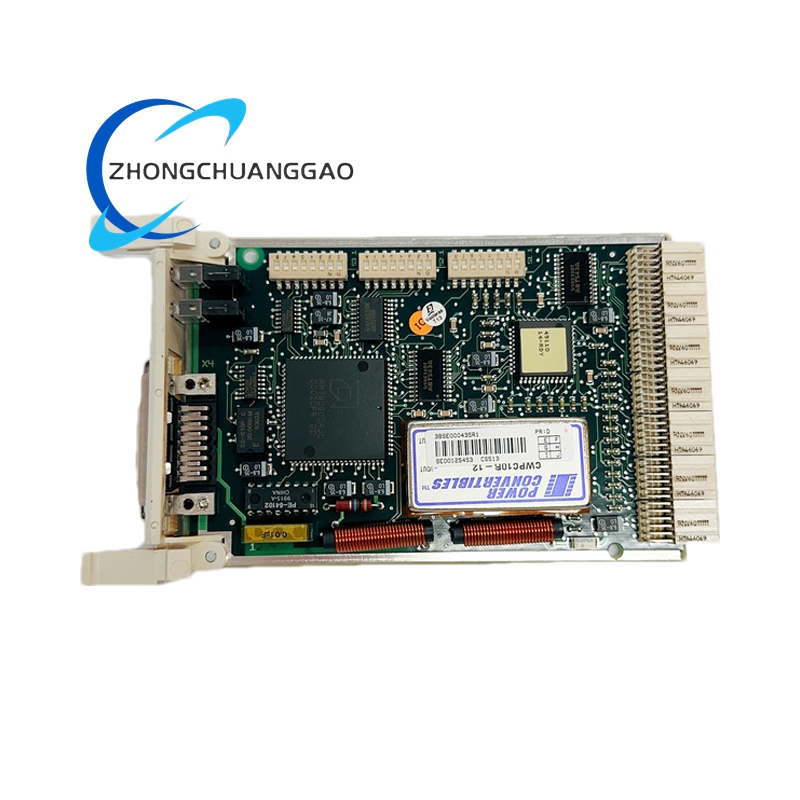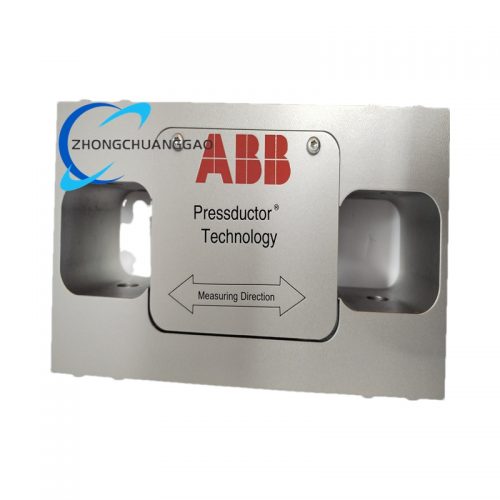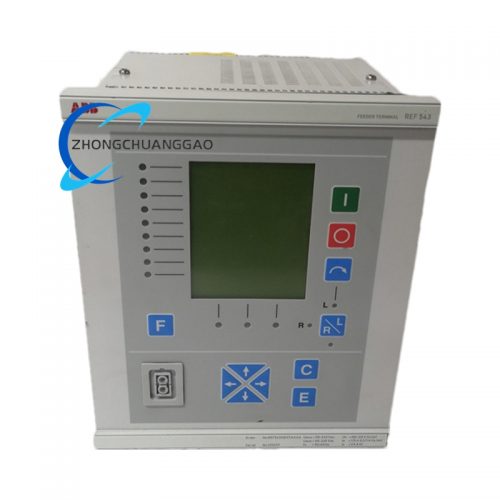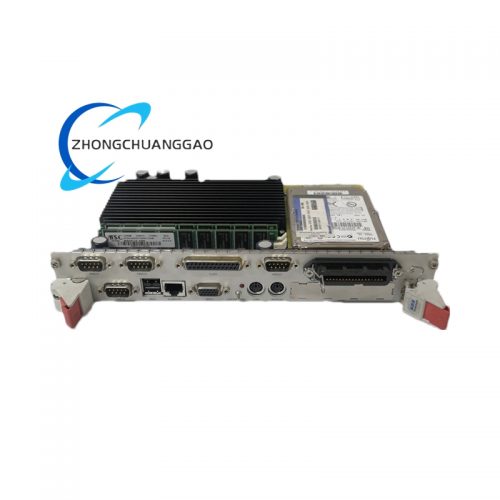Product Short Description
Technical Specifications:
- Processor: High-speed ARM Cortex-based microcontroller for fast data processing and control.
- Memory: Sufficient RAM and Flash memory for storing control logic and runtime data.
- Communication Protocols:
- PROFIBUS DP (max data rate: 12 Mbps).
- MODBUS RTU/ASCII (max data rate: 115.2 kbps).
- Ethernet (IEEE 802.3).
- Optional support for DeviceNet, EtherCAT, and Modbus TCP/IP.
- Interfaces:
- Ethernet (RJ45).
- Serial ports (RS-232, RS-485).
- Industrial fieldbus connectors.
Description
- Power Supply: 24 V DC input with overvoltage, overcurrent, and short-circuit protection.
- Operating Temperature: -20°C to +60°C (industrial-grade).
- Dimensions: Compact form factor (e.g., 150 mm × 100 mm × 50 mm, specific to housing).
- Weight: Approximately 0.2–0.5 kg (module-dependent).
- Protection Rating: IP20 (standard), IP65 (optional for harsh environments).
Functional Characteristics:
- High-Performance Processing:
- Executes complex control algorithms and handles large I/O signal volumes with low latency.
- Supports multi-tasking for concurrent operations.
- Multi-Protocol Communication:
- Seamless integration with diverse devices (sensors, actuators, PLCs) via standardized protocols.
- Enables data sharing and system interoperability.
- Real-Time Control:
- Provides deterministic response times for critical automation tasks.
- Supports synchronized motion control and trajectory planning.
- Modular Design:
- Easy installation, maintenance, and scalability through plug-and-play modules.
- Reduces downtime during upgrades or repairs.
- Data Handling:
- Acquires, processes, and stores operational data for monitoring and analysis.
- Supports logging and diagnostic functions.
- Reliability:
- Built with industrial-grade components for stable operation in harsh conditions.
- Redundant power and communication paths enhance fault tolerance.
- Security:
- Integrates firewalls, encryption, and access controls to protect against cyber threats.

- Integrates firewalls, encryption, and access controls to protect against cyber threats.
Application Scenarios:
- Distributed Control Systems (DCS):
- Coordinates communication between controllers, field devices, and HMI systems in process industries.
- SCADA Systems:
- Enables remote monitoring and control of distributed assets (e.g., pipelines, power grids).
- Process Automation:
- Regulates valves, pumps, and reactors in chemical, petrochemical, and pharmaceutical plants.
- Mechanical Engineering:
- Controls CNC machines, robotic arms, and conveyor systems with high precision.
- Energy Sector:
- Manages wind turbines, solar inverters, and hydroelectric generators.
- Manufacturing:
- Optimizes assembly lines, packaging systems, and quality inspection processes.
- Oil and Gas:
- Monitors drilling operations, pipeline pressure, and safety systems.
Key Advantages:
- Efficiency: Accelerates data exchange and decision-making in real-time environments.
- Flexibility: Adapts to varying system requirements through configurable protocols and I/O options.
- Durability: Withstands extreme temperatures, vibrations, and electromagnetic interference.
- Ease of Use: Simplifies programming, debugging, and system integration via user-friendly tools.
- Cost-Effectiveness: Reduces lifecycle costs through modular upgrades and predictive maintenance.
- Global Support: Backed by ABB’s worldwide service network and lifecycle management services.

.jpg)



Reviews
There are no reviews yet.